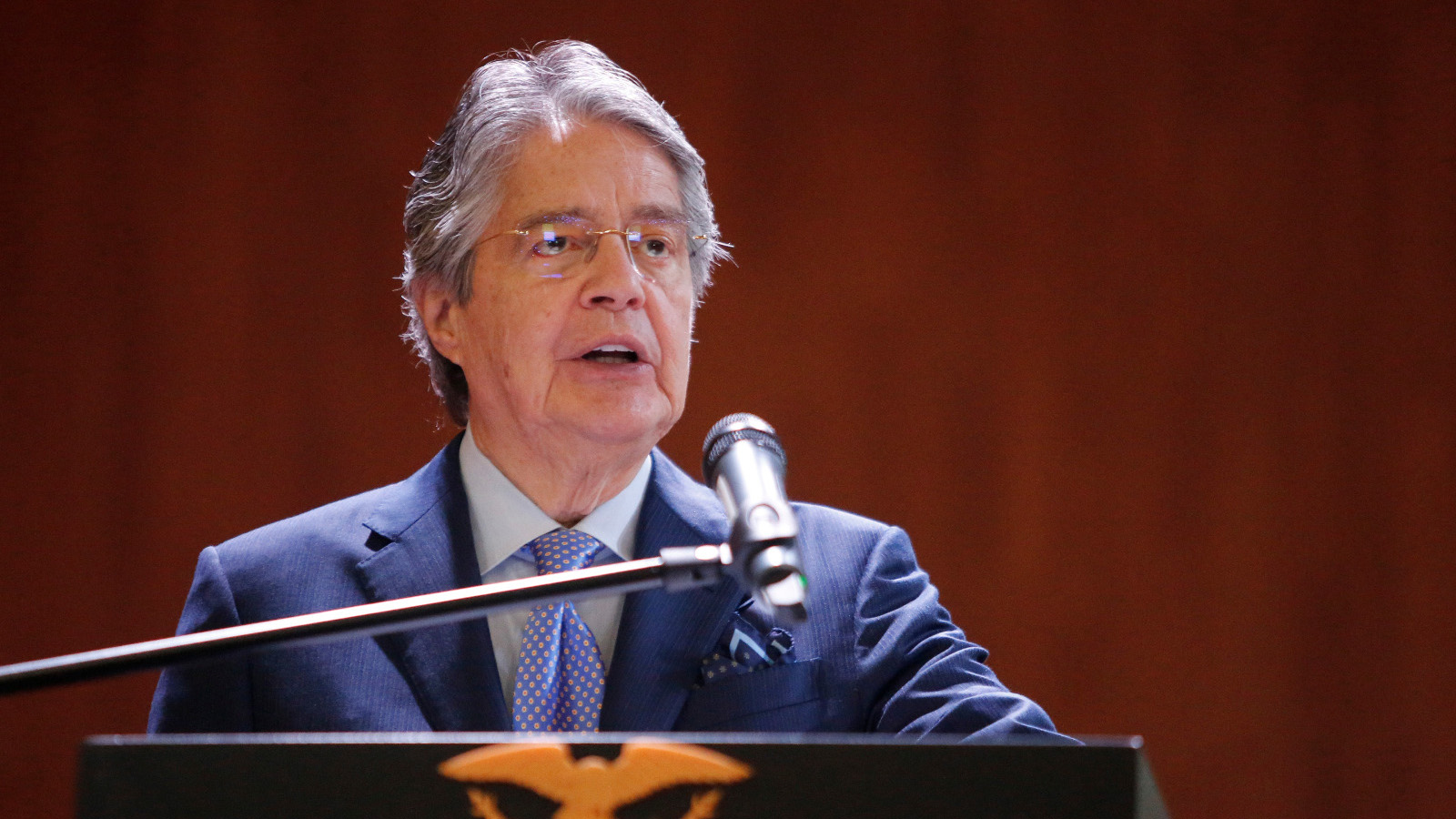On Tuesday, May 9, the National Assembly of Ecuador, with 88 votes in favor, 23 against and 5 abstentions, approved a motion that provides for the immediate continuation of the impeachment trial against conservative President Guillermo Lasso. Lasso stands accused of the crime of embezzlement of public funds, related to a contract signed between the public oil transportation company Ecuadorian Oil Fleet (FLOPEC) and the private Amazonas Tanker Pool company.
The motion, presented by congresswoman Viviana Veloz of the left-wing opposition Union for Hope alliance (UNES) bench, detailed that “there is evidence of the diversion or distraction of the funds generated annually by these pools of companies with which EP-FLOPEC had a contractual relationship in the transportation of crude oil.” It argued that the head of state “together with Hernán Luque Lecaro [fugitive former president of the Coordinating Company of Public Companies (EMCO)] defined the continuation of oil transportation contracts in favor of third parties, conscious that they represented a loss for the state.” “Consequently, the president of the republic knew of the structure of corruption at EP-FLOPEC,” it added.
The vote came three days after five of the nine legislators that make up the Oversight Commission rejected a report that recommended ending the process due to lack of evidence. Assemblywoman Gabriela Molina of the UNES, who voted against the report, said that the political responsibility of the head of state was proven because he ignored alleged irregularities in a contract and failed to act to prevent further damage to the state. “Lasso knew of the corruption in the state-owned Ecuadorian Oil Fleet (FLOPEC) and still allowed an extension of the contract,” she said.
For his part, Lasso denied the accusations, arguing that the contract was signed under the previous administration of former President Lenín Moreno in 2018, and that under his administration profitable changes were made to the contract based on advice from the Comptroller General’s Office.
Lasso’s allies have questioned the legality of the impeachment process, the first against a president in decades.
Interior Minister Henry Cucalon has called the process “illegitimate.” “The Assembly has decided to continue with the impeachment of the President of the Republic in an illegitimate process that was born, developed and will end without evidence, without arguments and with serious legal flaws. We stand firm in the defense of the right of Ecuadorians to live in democracy,” wrote Cucalon on Twitter.
The president of the unicameral parliament will now set the date for the impeachment process, to which the president will be summoned to exercise his right to defense. Lasso and his opposition rivals each will present evidence before the Assembly’s plenary, and then the congress will hold a final vote to decide on Lasso’s removal from office.
To impeach and remove the president, at least 92 of the Assembly’s 137 members—more than two-thirds—would have to vote in favor later this month.
Among those in favor of prosecuting Lasso are lawmakers from parliamentary groups such as UNES; the conservative Social Christian Party (PSC), Lasso’s former electoral partner; the Pachakutik Plurinational Unity Movement; the Democratic Left (ID); and some independents.
Under Ecuador’s constitution, at any time during the process, Lasso could use the so-called cross death option, dissolving the Assembly and governing by decree with the control of the Constitutional Court for up to six months, after which he would have to call for new presidential and legislative elections.
In an interview with the Financial Times last month, Lasso expressed his intention to use the option if his removal were imminent. He said that he would dissolve the congress and force early general elections rather than allow lawmakers to impeach him.





